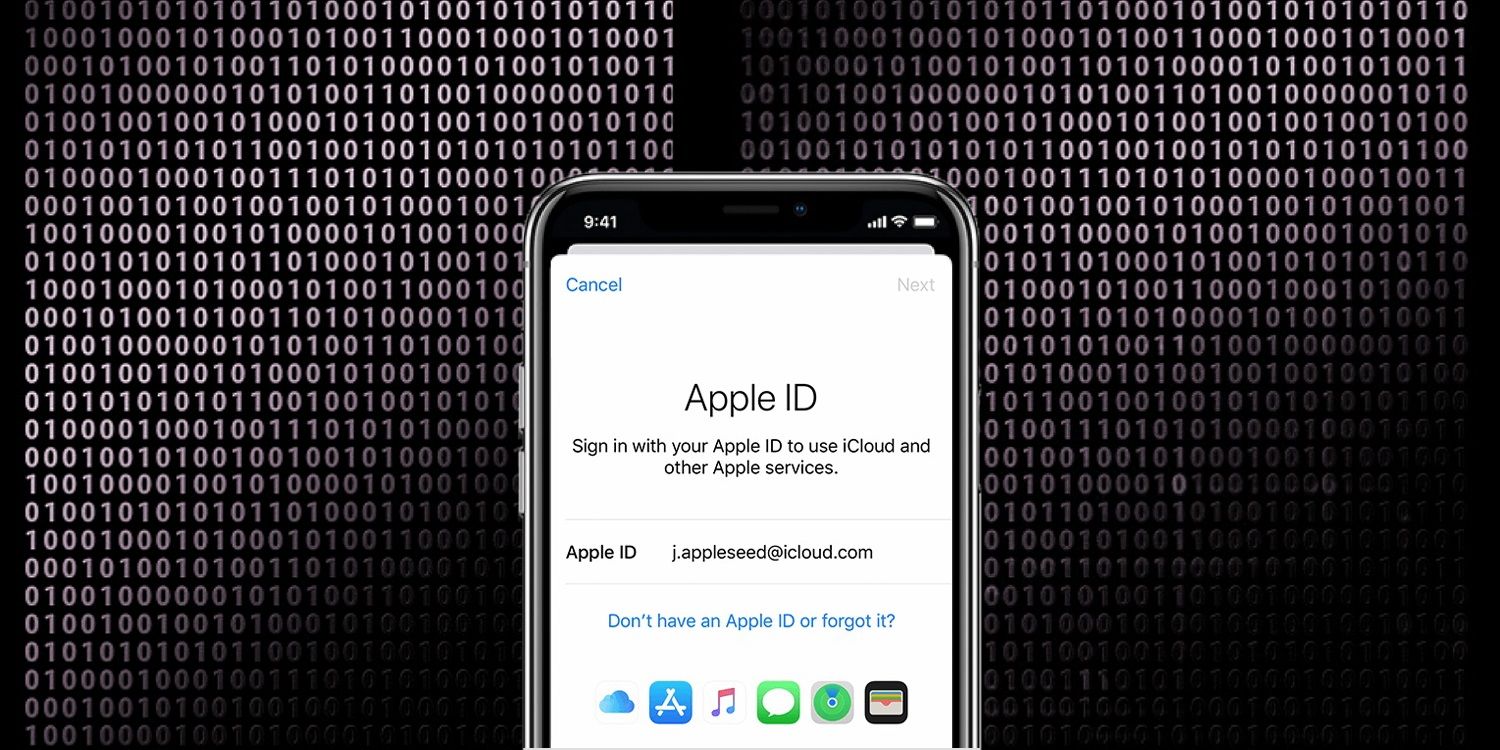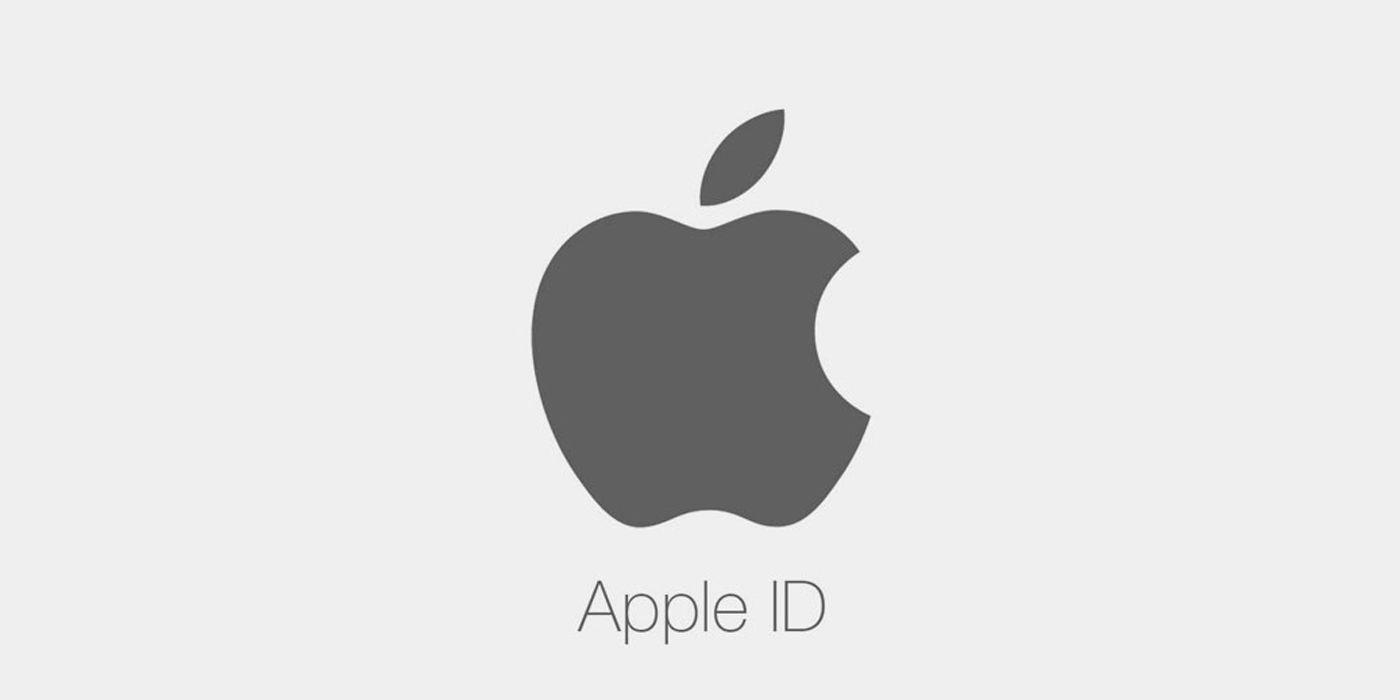Apple has decided to delay enforcing an ad-tracking privacy measure that is arriving with iOS 14. During its WWDC20 event in June, Apple announced the latest version of iOS, along with detailing a number of new privacy measures, designed to protect users. In spite of iOS 14 still not readily available, some of those privacy measures have raised questions, albeit not from users.
One of the new privacy measures that has attracted attention is iOS 14's ability to block apps from collecting data used for personalized ads by removing the option for companies to collect an IDFA (Identity for Advertisers) without the user having first opted in. This change immediately stuck a chord with a lot of advertising companies, including Facebook, who claimed the measure would have an enormous impact on the platform, as well as advertisers.
A criticism raised by companies was the lack of time provided to account for what appears to be a significant change to the advertising process. Following these complaints, Apple recently confirmed it was postponing the enforcement of the feature until early 2021. The reason Apple provided for the decision to delay was to ensure that those affected had enough time to make arrangements.
What Apple's Latest Change Means For Advertisers & Users
While this might appear as a move intended to prolong a change that benefits advertisers, the same announcement reiterated Apple's general stance that it fully intends to ensure "users can choose whether or not they allow an app to track them." As a result, this is not thought to be a permanent change, but one simply designed to provide advertisers and developers with a temporary extension while they adjust. Furthermore, the feature itself has not changed, as it is only the switch from users having to opt-out to opt-in that is being delayed.
As is this case with most tech companies these days, Apple is placing an increasing emphasis on user privacy, and that's unlikely to be something the company wants to step back from or even tone down slightly going forward. Therefore, not only will the opt-in enforcement switch likely roll out early next year as indicated by Apple, but it is also unlikely to be the last user-focused privacy measure the company adds to the iOS experience. After all, privacy itself has now become a major selling point for companies, and Apple's anti-tracking changes have already highlighted how useful they can be in keeping a user informed on which apps are actually tracking them.
Source: Apple


